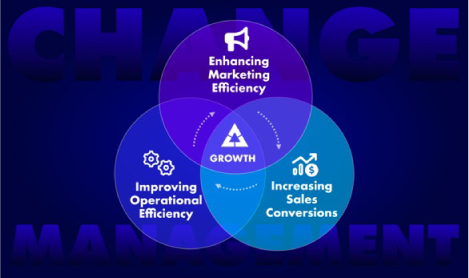AI in Plastic Surgery Practices. Artificial Intelligence (AI) is poised to revolutionize the operational aspects of plastic surgery practices by automating various routine tasks. This enables medical staff to focus more on clinical and patient-centric activities, ultimately leading to improved patient outcomes and operational efficiency. Here’s an in-depth look at how AI can transform operations within plastic surgery clinics:
AI in Plastic Surgery Practices: Inventory Management
AI systems can optimize inventory management by predicting the required supplies based on upcoming procedures, historical usage data, and trends in patient appointments. This reduces waste and ensures that essential items are always in stock, minimizing delays and increasing the clinic’s efficiency. For example, AI can track the usage rates of surgical supplies and automatically reorder items when they fall below a predetermined threshold.
Appointment Scheduling and Management
AI can dramatically improve the efficiency of appointment scheduling by using algorithms to optimize the calendar based on the type of consultations, surgery durations, and recovery times. This helps in maximizing the use of operating rooms and clinicians’ time. AI can also dynamically reschedule appointments to minimize gaps caused by cancellations, ensuring that the practice operates at optimal capacity.
Enhanced Record Keeping
AI can facilitate more efficient and accurate medical record keeping by automating the entry of patient data into electronic health records (EHRs). It can extract information from patient interactions and integrate it directly into the EHR, reducing manual data entry errors and freeing up time for medical staff to focus on patient care.
Patient Flow Optimization
AI tools can analyze patterns in patient flow through the clinic and suggest improvements to reduce wait times and enhance the patient experience. By understanding peak times and bottlenecks, AI can help clinics adjust staffing levels or reorganize patient schedules to improve operational efficiency.
AI in Plastic Surgery Practices: Financial Planning and Analysis
AI can provide advanced analytics for financial planning by forecasting revenue based on scheduled procedures, seasonal trends, and economic factors. This helps clinics make informed decisions about investments in equipment, hiring, and marketing. Additionally, AI can monitor financial health by tracking key performance indicators like patient acquisition costs, profit margins, and return on investment.
Compliance and Risk Management
AI can assist in compliance with healthcare regulations by automatically updating systems according to the latest legal requirements and helping to monitor compliance across all operations. This includes managing patient consent forms, securely storing medical records, and ensuring privacy protection under laws like HIPAA in the United States.
AI in Plastic Surgery Practices: Outcome Tracking and Quality Control
AI in Plastic Surgery Practices. AI can analyze outcomes of surgical procedures and identify patterns that may indicate areas for improvement. This data can be used for quality control, helping surgeons refine their techniques and adopt best practices that lead to better patient outcomes and higher satisfaction rates.
By automating these critical aspects of operations, AI not only enhances the efficiency of plastic surgery practices but also allows surgeons and their teams to devote more attention to providing top-notch patient care and improving clinical outcomes. As AI technology continues to advance, its role in streamlining healthcare operations will undoubtedly expand, offering new ways to optimize and innovate within the field.







